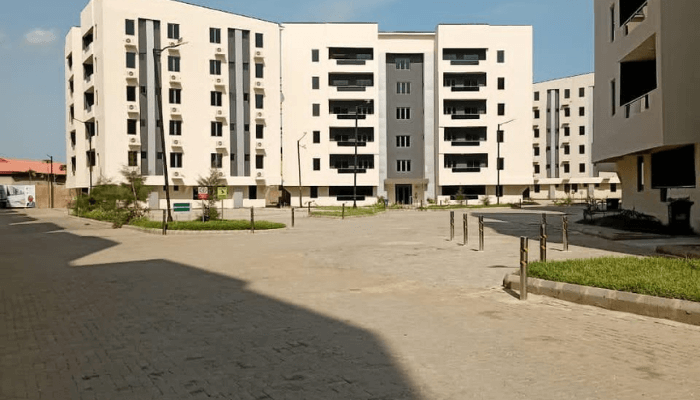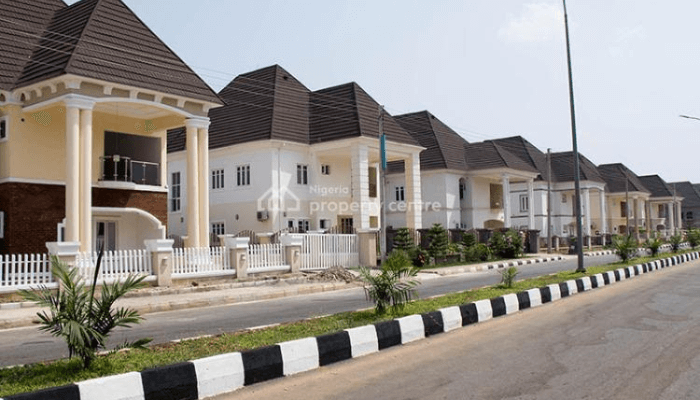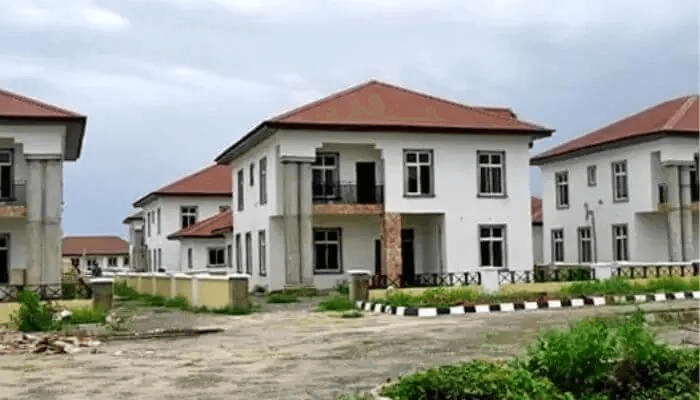The Lagos Building Investment Company (LBIC) Plc has demonstrated strength and resilience, posting 40 percent growth in its profit before tax (PBT) despite the headwinds negatively impacting Nigeria’s economy and sectoral activities.
LBIC, a mortgage finance firm, was established as a corporate entity on February 14, 1980, to provide facilities to allottees of the various low-cost housing schemes built by the state government between 1979 and 1983. It operates as a primary mortgage bank (PMB).
The company’s performance was revealed by its chairman, Hakeem Oguniran, who spoke at the 20th annual general meeting of the company in Lagos for the year ended December 31, 2024, noting that “the year was extremely challenging, with the economy and the real estate sector facing significant headwinds.”
Oguniran stated, however, that the firm has continued to adapt to creative strategies, capitalising on new opportunities and creating value for stakeholders.
This, perhaps, explains the impressive performance it recorded in other aspects of its operations in the year under review. For instance, the company’s gross earnings surged by 58 percent to N2.537 billion in 2024, up from N1.608 billion in 2023.
Similarly, the firm’s loan portfolio grew by 8 percent from N737 million in 2023 to N794 million in 2024, notably unimpaired.
Customer Deposits saw an impressive 147 percent increase from N4.596 billion in 2023 to N11.336 billion in 2024. It also recorded 81 percent in total assets, reaching N17.222 billion, while shareholders’ funds stood at N4.876 billion.
Olusola Faleye, the firm’s managing director/chief executive officer, noted that by this performance, LBIC has demonstrated a resilient and cautiously optimistic economic trajectory by maintaining positive revenue and profit growth throughout this period.
Faleye explained that 2024 marked a pivotal year in LBIC’s digital evolution as it launched a comprehensive modernisation programme to enhance customer experience, operational efficiency, and data integrity.
According to him, the bank embraced latest technology architecture for real-time processing and scalability, E-Tax integration to enable seamless tax remittance for property transactions and collection of other government fees, and fines, thereby improving compliance and transparency.
He explained that the bank was able to leverage Electronic Data Management System (EDMS) to digitise over 80 percent of legacy records, ensuring secure and efficient document retrieval.
Ogunniran hoped that “given the recent policy shifts in housing finance, including the launch of the Ministry of Finance Incorporated (MOFI) Real Estate Fund (MREIF), we are optimistic that our bank will continue to thrive and deliver exceptional value to our shareholders,” he said.
Ogunniran said the bank is working closely with management to ensure seamless execution of its five-year strategic plan, which is now in its second-year phase. The key elements of the strategic plan, he said, include digitalisation of core mortgage and banking operations, developing innovative products to enhance customer experience in terms of providing exceptional value, optimizing operations, and exploring opportunities for continued growth and expansion.
He disclosed that in the past four years, the bank focused on wiping off inherited negative earnings and turning around the financial fortunes of the bank, adding that the board is recommending the payment of a final dividend of 6.12 Kobo per share, amounting to N237, 581,290.5 for the financial year ended December 31, 2024 to shareholders whose names appeared on the register of members as of December, 2024.
According to him, the bank is also committed to empowering employees with high performing skills, tailored mortgage products and simplified processes for Nigerians in diaspora.
“We are convinced that the fundamental demand for housing is undeniable and with strategic innovation and collaboration with critical stakeholders, our bank is well positioned to contribute significantly to addressing Nigeria’s housing needs and empowering more individuals and families to achieve their home ownership dreams.
Hence, we are working diligently to enhance the bank’s shareholder’s fund, ensuring that our capital base exceeds the minimum requirement set by the Central Bank of Nigeria for Primary Mortgage Banks, ” Ogunniran said.
He said that, to create substantial value and deliver strong returns, the bank is positioning itself to distribute dividends sustainably to shareholders in the future.
Some of the shareholders commended the management of the company for recommending improved dividends for them and advised the bank to strive towards minimizing costs.
Highlights of the forum were the election of three new statutory audit committee members, endorsement of current chairman of board of director, Hakeem Ogunniran to continue in office and fixing of directors’ fees, among others.
Upper middle-income buyers prioritise space, particularly if they have a family or desire ample room for comfort. Certain neighbourhoods are more expensive. This is usually due to proximity to reputable schools, efficient waste management, air quality or an overall ambience.
The residential property market generally is experiencing upward swing in prices and this has encouraged supply significantly. Just a few days ago, Gapstone Developers, a subsidiary of Cruxstone Development and Investment Limited, signed a joint venture agreement to deliver 400 houses.
Similarly, Quantum Properties is developing simultaneously Quantum Luxury Towers and Metropolitan Towers on Ozumba Mbadiwe Street in Victoria Island, Lagos. XBD Collective designed the 28-storey residential Metropolitan Towers. El-Alan Construction Company is the main contractor.
The 34,500-square metre building contains a basement, ground floor, 27 residential floors, and two rooftop levels. The luxury towers is projected to finish in December 2027. SVA Architects and CKR Consulting Engineers are the design team. Cappa and D’Alberto are the main contractors.
Though the prime locations have a large chunk of ongoing projects, the Northcourt report notes that homelessness, lack of property rights, and limited access to financing play a major role in slowing down housing development.
Inflation, high interest rates, and exchange rates are additional factors that delay project completion. At the peak of inflation in 2024, some development projects were abandoned because project costs were no longer sustainable.










